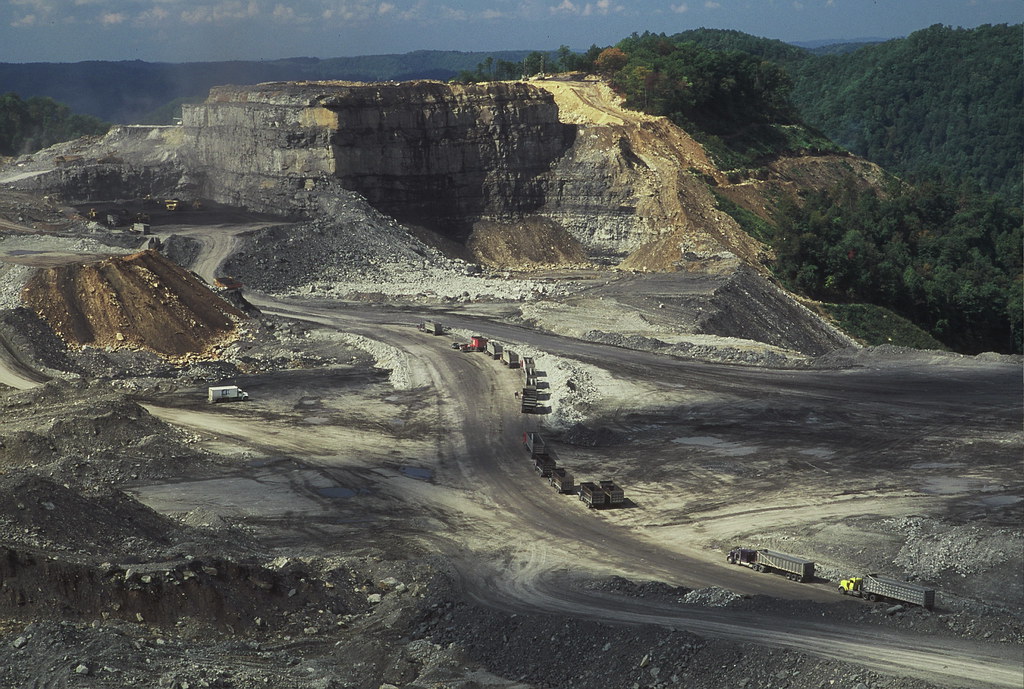
The BP Oil Spill in the Gulf of Mexico was, unfortunately, far from being an isolated incident. Chevron in Ecuador, Shell in Nigeria, Exxon in Alaska – name me an oil company and I’ll name you an environmental disaster. And, it appears that some of them are responsible for funding, climate change denial.
And yet at a number of conferences I’ve been at recently, oil companies have been mentioned as customer references from the podium. From my position as an advocate of green measures, that irks.
At SAP’s Sapphire Now conference last week for example, during the keynotes given by Vishal Sikka, CTO, and Hasso Plattner, Chair and co-founder of SAP, three oil companies were featured. And this is a company which is going to great pains to establish a reputation for itself as being being Sustainable.
It is not like SAP were short of customer references – there were probably north of 30 customers shown between the two back-to-back keynotes. No-one would have complained if there were three less.
So, they had oil companies, ok, well to counter that how many of the other customer companies represented were renewable generators? Not one. Not a single one.
C’mon guys, it’s not like renewable generators have a shortage of big data – I remember on visiting Logica’s center of excellence in Lisbon seeing their windfarm management application. They told me that a typical turbine outputs around 250 data points per minute and that particular application was managing over 2,000 wind turbines.
Leaving Logica aside, there are plenty of other well known companies heavily involved in renewables who could have been showcased – think Siemens, Vestas, Samsung, Mitsubishi, Iberdrola, Hyundai, GE, Gamesa, and Alstom for wind energy; then there’s Bosch, Sharp, and Sanyo for solar, for example.
In fairness to SAP, one of their demos, from UK energy retailer Centrica, was a Smart Meter Analytics demo where Centrica was able to utilise the analytics to help consumers reduce their power consumption – more on which in another post.
And, I should not ignore that fact that oil companies such as BP have invested in renewables but is that where their focus really is? SAP is pushing the sustainability agenda and for that they should be given credit. But… show us the evidence in the real world of customers that SAP is supporting.
That’s how you gain credibility.
You should follow me on Twitter here
Photo credit NOAA’s National Ocean Service





